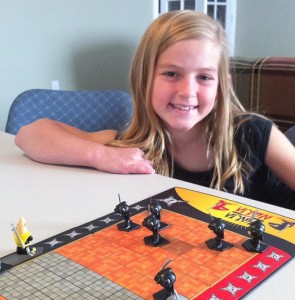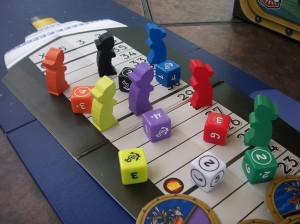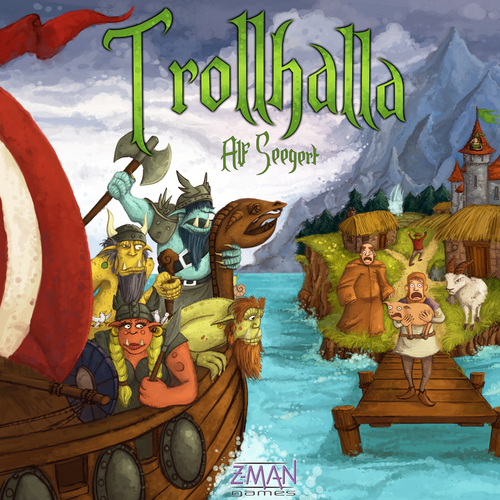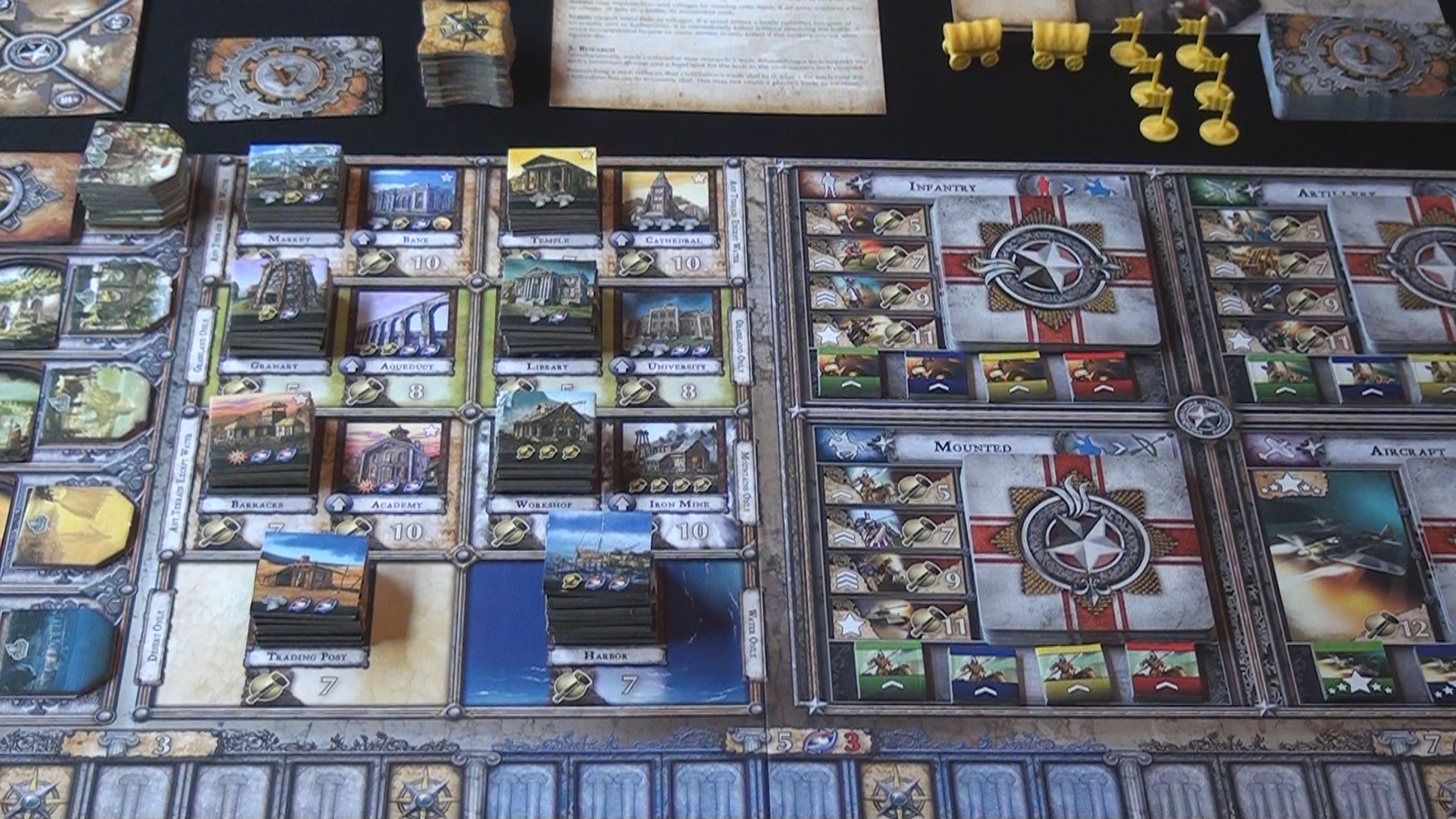Teaching new board games to your family

As you can tell from this website, most of our board game playing is with our family. We love it when we can take some time to sit down and play games together. But doing so doesn’t come without its challenges. And one of the biggest challenges in a family game setting is the variety of ages you’re faced with.
One of the first issues to deal with is selecting games that work well for your family size and the age ranges of the members of your family. The good news is that there are a lot of games that can fit the bill – you can see a number of them on our Family Favorites page.
The next challenge when you’re playing games with your family will be teaching the games to your children. We think this is one of the main reasons families don’t try a lot of new games and instead stick with just playing the same old games over and over.
So what are some good ways to teach new games to your kids?
Over the last few years, we’ve added a lot of new games to our game library. And we’ve had a great time doing so because we’ve been able to play so many fantastic games that we now love. But every time we get a new game, we’re faced with the same challenge – learning and teaching a new game to the kids.
- Get familiar with the game: The first thing we need to mention is that to teach a game to your kids, it’s best if you’re familiar with the game first. We don’t know many kids who like to listen to people read a rulebook to them. Take time in advance to figure the game out for yourself.
- Take baby steps: Even though your first impressions will be to set up the whole game first, a lot of times this may overwhelm kids. We’ve found that the best approach is to introduce elements of the game little by little so each can be digested better.
-

Many rats to cheer for Establish goals: Start with the objective of the game and tie it to the theme: A lot of what gets kids interested in a game is the theme. So always start with what they’re trying to accomplish. Using an example from the board game Abandon Ship: “You want to save your rats from sinking with the ship. The more rats you get to the top of the ship, the more points you’ll get.”
- Show the way: Describe how you go about accomplishing your objectives. Most of the time this will include how you move or the options you have to gain things. “You roll the dice and pick one of the colored dice to use. Then move that colored rat in the way the dice shows.”
- Highlight speed bumps: Explain what problems may get in their way. Most games include elements that will hinder your ability to reach your goal. Show what to watch out for. “After each round, the ship is going to sink, so watch out for your rats near the bottom levels.”
- Helping hand: When learning a new game, everyone should expect plenty of discussion. Talk through what’s happening as people take their turns. Ask questions as you go through the first few rounds to make sure everyone understands what’s happening.
- Don’t play for keeps: To us, family game time is about fun and not winning. We can enjoy the challenges that games present and strive to do our best every time. But don’t get bent out of shape with the outcome of the game – especially the first time you play a game. Even if you have a competitive family, the first time playing a new game shouldn’t be about winning.
And if none of that works – just pull up one of our videos and hopefully it will help you learn enough of the game to get you started.
We hope these tips help you introduce more fun board games and card games to your family. The larger variety of games they get exposed to, the more you’ll find them asking to play a game with you. And we think that’s a very fine way to strengthen your relationships.
And if you’d like to get some additional ideas about how to teach games to your young children (5 and under), take a look at the article on Growing Up Gamers about Teaching Games to Kids. It’s a great article and offers some great ideas of how to start at the very basics.
What strategies work well for teaching your family how to play a new game?



Great article, Trent! And thank you for the shout-out! This post is even spell-checked.
Great ideas! This works with adults too!
Is there any good board game for accomplishing personal goals?